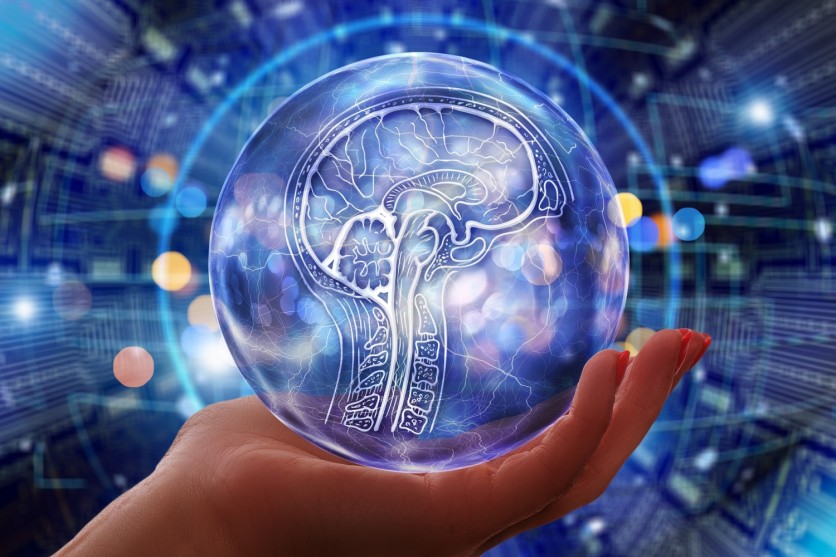The integration of artificial intelligence into various facets of daily life has led to discussions about the possibility of AI systems becoming sentient. As AI technologies continue to evolve and exhibit sophisticated behavior, researchers and experts are exploring AI achieving a level of consciousness akin to that of humans.
With AI systems like Alexa responding to voice commands and generating humanlike responses, questions arise about the nature of their consciousness. Is the boundary between human consciousness and AI becoming more blurred? Are computers transitioning into entities with a form of self-awareness?
A group of nineteen neuroscientists hailing from the United States, England, Israel, Canada, France, and Australia embarked on a collaborative effort to delve into these questions, reported in Science X Network.
Their findings have been detailed in a report titled "Consciousness in Artificial Intelligence: Insights from the Science of Consciousness."

AI's Potential for Sentience
Despite the growth of advanced AI networks capable of remarkably complex tasks and interactions, the report's analysis indicates that current AI systems are not conscious entities. The researchers examined various theories of consciousness to assess AI's potential for sentience.
While the study acknowledged the absence of consciousness in current AI systems, it also suggested that no apparent technical barriers prevent the development of AI systems that fulfill the criteria for consciousness.
The report outlines six compelling indicators of conscious entities, each offering unique insights into the realm of consciousness within AI.
One such concept is the Recurrent Processing Theory, which proposes that the brain processes information through feedback loops. These loops enable the brain to adapt to changing circumstances, refine perceptions, and make informed decisions. This iterative process plays a crucial role in memory formation and knowledge acquisition.
Another notable theory is the Higher Order Theory, which centers on "awareness of being aware." This theory asserts that consciousness arises when individuals are conscious of their mental states.
The Global Workspace Theory, on the other hand, presupposes that awareness emerges when information becomes globally accessible within the brain. Unlike being restricted to individual sensory inputs, information is stored in a central hub accessible to various internal cognitive processes.
The researchers believe that the identified indicators of sentience in AI systems offer a reliable method for assessing whether AI possesses consciousness. Patrick Butlin, a lead author of the report, emphasized the importance of considering the possibility of conscious AI systems emerging within the next few decades.
"We are publishing this report in part because we take seriously the possibility that conscious AI systems could be built in the relatively near term-within the next few decades," Butlin said. "These prospects raise profound moral and social questions."
The findings of the study were published in arXiv.
Related Article : Can AI Bots Solve CAPTCHA Tests Faster and More Accurately Than Humans? Researchers Reveal the Surprising Answer

ⓒ 2025 TECHTIMES.com All rights reserved. Do not reproduce without permission.




